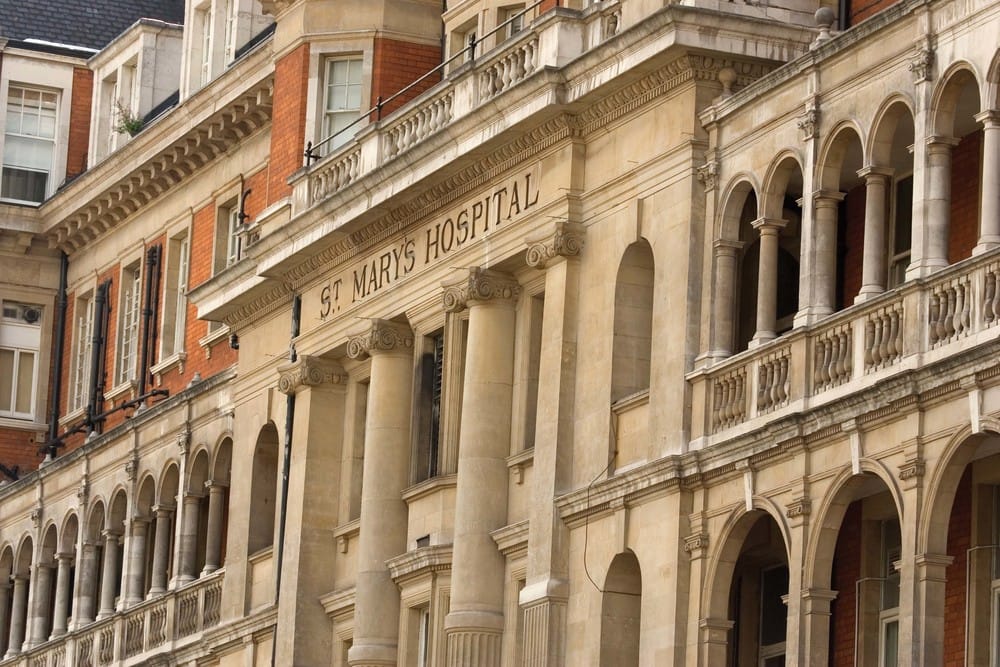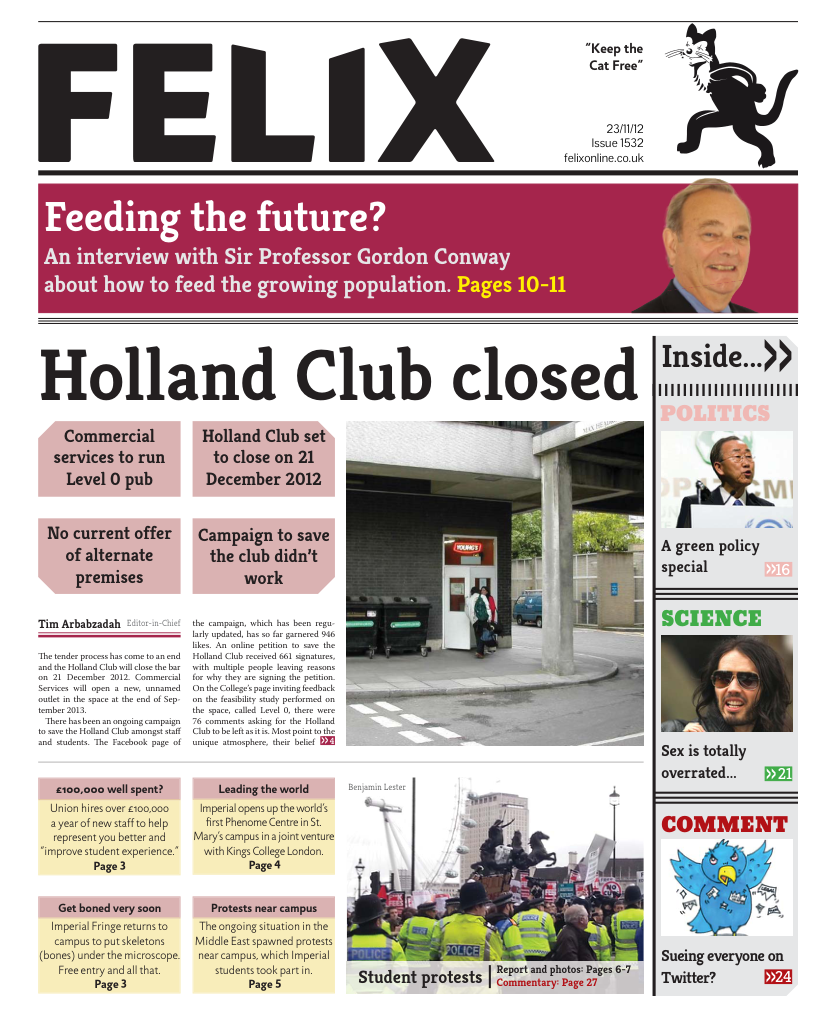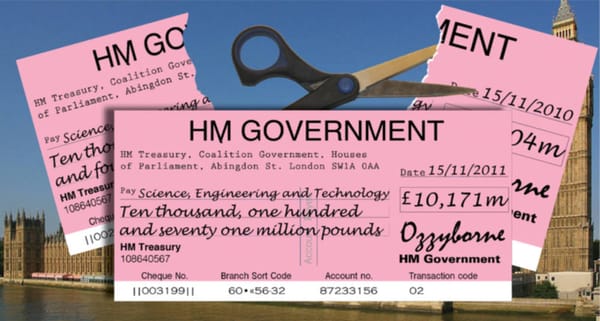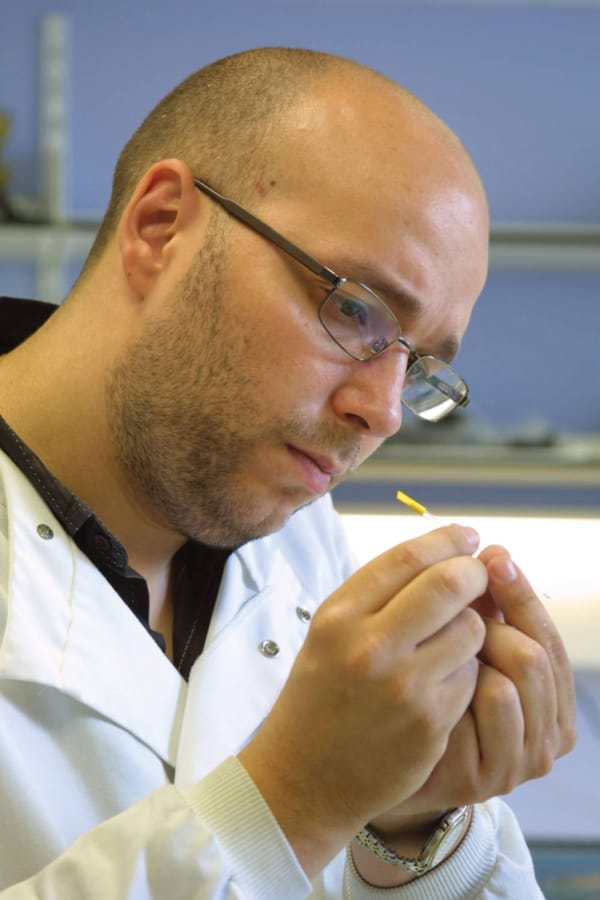New Research centre opens at Imperial
The second of its kind.

Last week a new research centre opened at Imperial College London in St. Mary’s Hospital: The Imperial Clinical Phenome Centre. This is the second phenome centre to be launched this year in the UK, both centres are based at Imperial College. The centre is led by both Imperial College London and King’s College London, although it has many academic and commercial partners. The centre is said to aim to revolutionise the future of the healthcare sector, translating medical discoveries to better healthcare. Researchers will rapidly analyse the phenotypes of an unprecedented number of samples taken from patients. Blood and urine samples will be used to search for biomarkers that link particular populations of people with susceptibility to certain diseases. Consequently, this will eventually aid in the development of more targeted forms of treatment to combat diseases. Furthermore, this information can guide doctors on how the patient is responding to a particular form of treatment.
Last August it was announced that the anti-doping facilities acting for the London 2012 Olympics will become a pioneering research centre for personalised medicine. The centre is funded by the National
The MRC-NIHR Phenome centre is the first of its type in the world
Institute for Health Research (NIHR) and the Medical Research Council (MRC), with five year grants of £5 million from both investors.
The MRC-NIHR Phenome centre is the first of its type in the world, enabling researchers to investigate the characteristics of diseases to develop new treatment for patients. The Chief Executive of the MRC, Sir John Savill, described the centre as a “phenomenal” Olympic legacy, with research that is “unprecedented anywhere in the world”. The centre inherits equipment used by the 2012 Olympics services. The Phenome centre boasts novel technologies, where state of the art technology, with three nuclear magnetic resonance (NMR) spectrometers and six mass spectrometers that are intended to give surgeons useful diagnostic information in real time.
A phenome is an individual’s chemistry due to their genetics and the lifestyle adopted. The phenotype consists of the external products of genes and the environment, such as disease states and hair colours. The combination of molecules are constantly changing, they are affected by factors such as diet, environment and stress. Furthermore, the phenome is related to a patient’s response to a disease or treatment. Molecular analysis will be undertaken to aid in disease diagnostics and patient specific treatments.
Jeremy Nicholson, the head of the Department of Surgery at Imperial has commented on the “groundbreaking” centre that can “provide new ways of understanding the complex interactions between people’s genes and their environment that determine their disease risks”. “Metabolic profiling will give us a new dimension of understanding about the factors that contribute to disease, as well as crucial information for predicting how individual patients are likely to respond to treatment. These analytical technologies are now very mature and are immensely powerful for telling us about someone’s physical condition and disease state. Bringing them fully into the clinical setting will help doctors make a more informed diagnosis, choose the best treatment based on the individual characteristics of the patient, and monitor their progress more precisely. It is the dawn of a new age of ‘precision medicine’.”
Technology that gives surgeons useful diagnostic information in real time also exists in the centre. For example, Dr Takats is developing the “intelligent knife”, a tool that can analsye the smoke produced when surgical blades that have been heated by electricity cuts a tissue during an operation. The chemicals in the tissue provide in-depth information about the tissue; such as in determining whether or not a tissue is cancerous.








